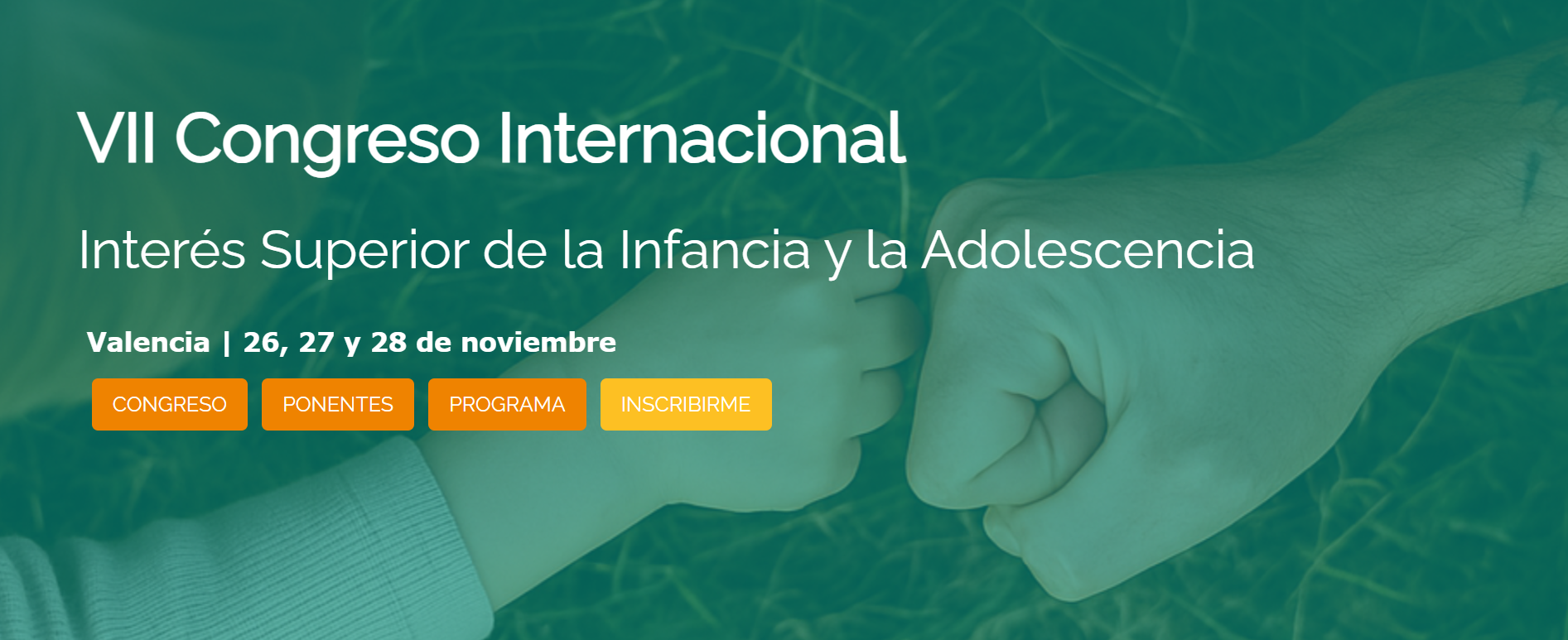Joint Statement: 10 Years Towards Inclusion
European Expert Group on the Transition from Institutional to Community-based Care issues statement taking stock of past achievements and setting a common vision for the future.
The “Towards Inclusion” conference celebrates 10 years of coordinated EU action on deinstitutionalisation. It aims to take stock of past achievements and set a common vision for the future.
The event is organised jointly by the European Commission and the European Expert Group on the Transition from Institutional to Community-based care (EEG), which was set up in 2009, thanks to the initiative of the then EU Commissioner for Employment, Social Affairs and Equal Opportunities, Vladimír Špidla. Since then, the EEG advocates for replacing institutions with family- and community-based support, promoting person-centred, quality and empowering models of services and formal and informal care that fully comply with the human rights of children and adults with care and/or support needs.
Over the last ten years the EU has significantly contributed to moving away from institutionalisation by supporting community- and family-based care and services in its Member States.
EU officials and national governments are now far more aware of the problem of institutionalisation and of how European funds can be used to support the transition. EU funding has been instrumental in improving peoples’ lives by changing the way care and support is provided to children and adults. Much of this impact can be traced back to the Špidla Report, the EEG Guidelines and Toolkit, the change in the ESIF Regulations and the European Union’s efforts to facilitate access to expertise and resources.
Looking ahead, there is still a long way to go in order to reach fully inclusive societies. EU policies and funding have not always been aligned and institutionalisation remains a problem in Europe.
Over 1 million people in the EU still live in institutions, which segregate them from society and deny them control over their lives. Many more are at risk of being institutionalised as a result of lack of adequate preventative measures and family- and community-based support.
Additionally, the EU and its Member States continue to finance institutions, including by building new ones under the name of “deinstitutionalisation” reforms contravening their own policy objectives and legal obligations such as the UN Convention on the Rights of Persons with Disabilities.
When reforms are taking place, decisions on their design, financing and implementation are still too ‘top-down’. Governments fail to adequately involve those responsible for delivering the reforms, and, most importantly, the people with care needs directly affected by the transition.
Finally, EU funding too often supports individual projects or “pilots” that represent exceptions in systems still predominantly reliant on institutions.
The 10th anniversary of the Špidla report, combined with the beginning of a new European cycle and the forthcoming programming period 2021-2027, is a moment for the EU to renew its commitment to the transition from institutional to community- and family-based care and take account of the lessons learnt.
Ending institutionalisation is a human rights obligation and can be achieved with the right mobilisation of expertise and resources. The EU’s leadership is critically important for the successful completion of this process.
The EU must invest in measures that help Member States to change their rules, procedures and practices to launch or speed up reforms. At national level, the focus must be on changing the social protection and welfare systems and creating incentives so that good practices become the norm, not the exception. Reforms must put individuals’ needs at the centre, strengthening social connections, and ensuring those receiving support are fully included and integrated in society.
To translate the EU’s commitment to social inclusion into practice, it is essential that:
• There is no further spending on institutions;
• EU resources improve the availability and the quality of family- and community-based support whilst also ensuring the services can be sustained through domestic resources once EU funding ends;
• EU funding helps to ensure reforms are designed and implemented with the direct involvement of those concerned and spending is effectively monitored;
• Reforms go hand-in-hand with investment in an accessible built environment and quality public services including access to housing, early child education and care, education, employment, leisure and cultural activities.
We call on the EU to apply these principles and to support the transition from institutionalisation to family- and community-based support in all of its relevant legislative, policy and funding instruments, including:
• The EU funding Regulations and their implementation;
• The European Semester;
• The European Pillar of Social Rights;
• The European Child Guarantee;
• The new European Disability Strategy or any other initiatives linked to the implementation of the UN Convention on the Rights of Persons with Disabilities.
The European Expert Group on the Transition from Institutional to Community-based Care (EEG) is a broad coalition gathering stakeholders representing people with care or support needs and their families, including children, people with disabilities, homeless people, and people experiencing mental health problems; as well as service providers, public authorities and UN organisations. The Group has as its mission the promotion of person-centred, quality and empowering models of services and formal and informal care that fully respect the human rights of all people with care or support needs. The Group supports national efforts to implement the necessary reforms, in compliance with the United Nations Convention on the Rights of Persons with Disabilities (in particular with Article 19), the United Nations Convention on the Rights of the Child and the European Charter of Fundamental Rights.
Eurochild (Jana Hainsworth) together with Inclusion Europe (Milan Sverepa) and European Disability Forum (Nadia Hadad) held co-chairmanship of the EEG from January to December 2019. New co-chairs representing COFACE (Irene Bertana), LUMOS (Irina Papancheva) and UNICEF (Aaron Greenberg) will lead the EEG from January – December 2020.
For more information: www.deinstitutionalisation.com





